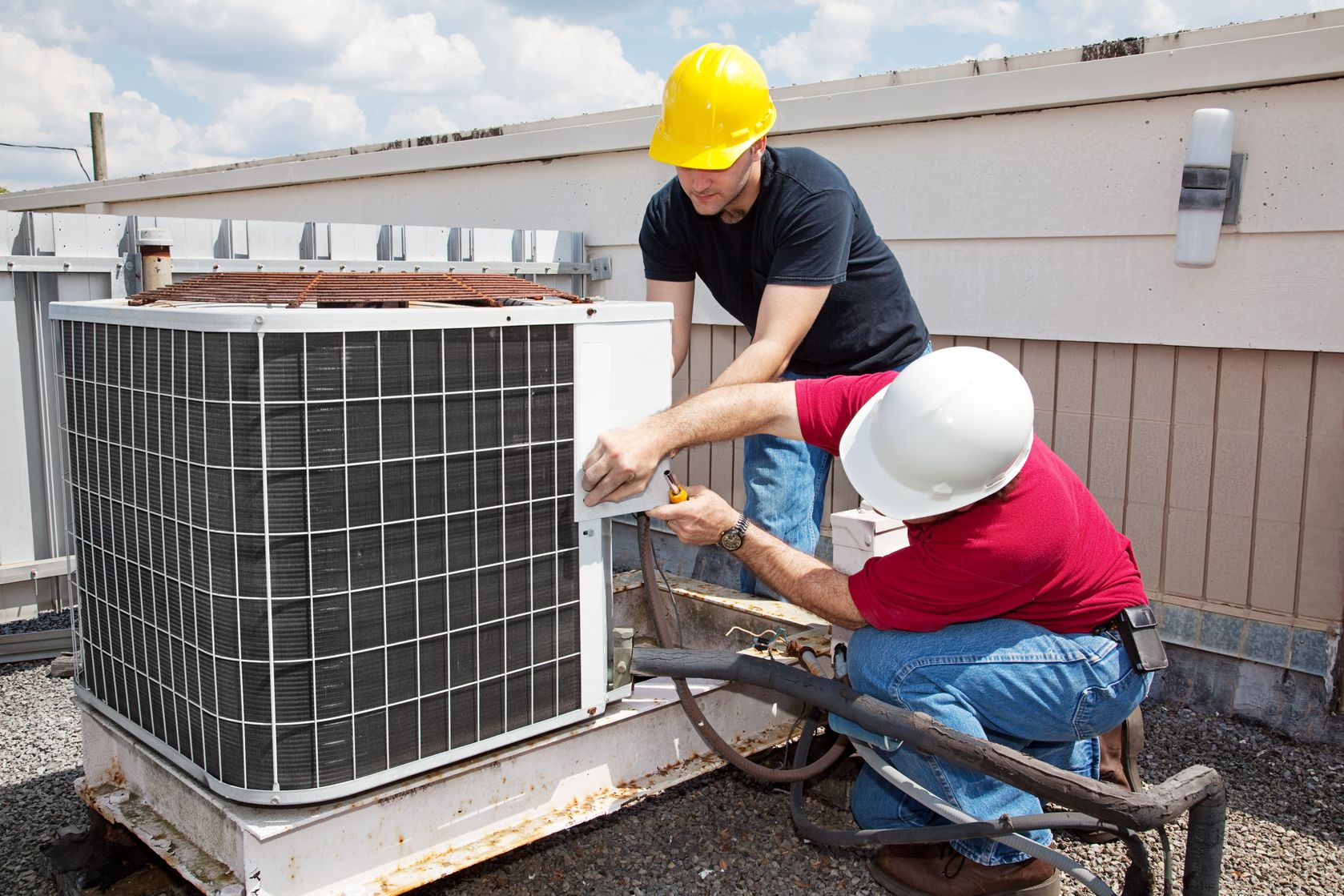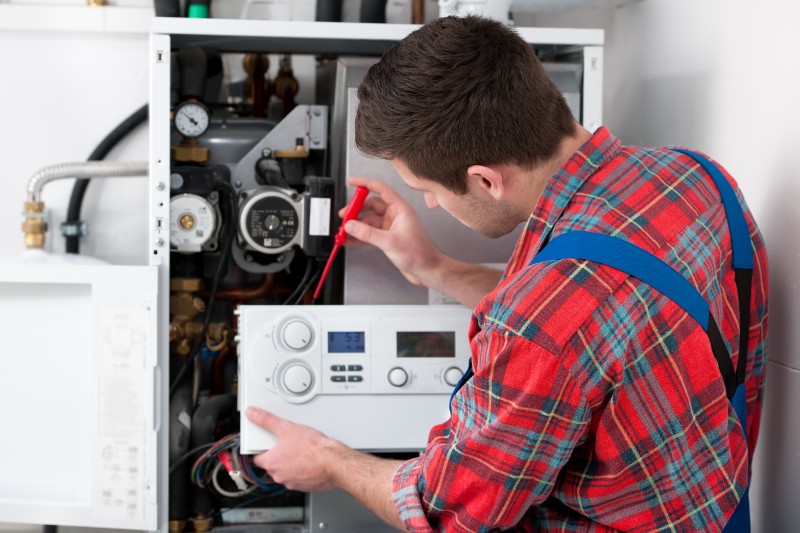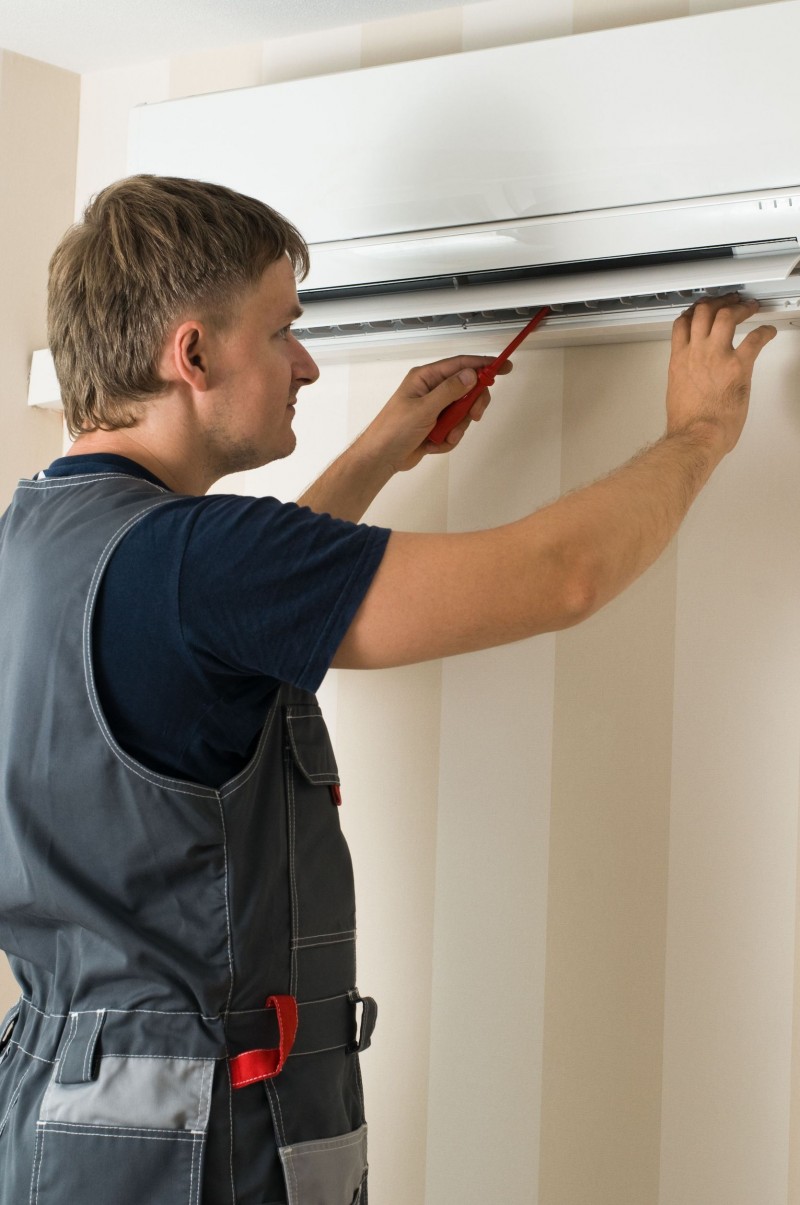Heat pumps are a viable option for homeowners looking for energy efficient heating and cooling options. A heat pump converts energy from around your home and uses this transferred energy to heat and cool as necessary. Heat pump systems require very little fuel, earning them a reputation in the heating and cooling industry as an energy saving option. If you’re looking to stabilize your energy spending, while still staying comfortable throughout the winter and summer, a heat pump may be the right option for you. If you’re in the market for heat pumps Woodbridge VA, HVAC specialists of this area can provide an energy efficient option that can save you money on your utility bills and help maintain a constant temperature in your home.
One Combined System
A heat pump offers homeowners the benefits of both an air conditioner and a furnace, while allowing them to save money on their energy bills. A heat pump has a thermostat that cycles the heat pump on and off to maintain the selected temperature. This temperature is consistently maintained, instead of the home’s temperature going up and down with the weather.
Maintains Consistent Temperature
It takes far less energy to maintain a home at a consistent temperature than it does to make dramatic adjustments. A heat pump transfers the energy from the air around your home to heat or cool it as necessary, making small adjustments as needed. Because your home stays at one temperature consistently, your energy bills remain lower than they would with traditional types of heating.
Efficiency Depends on Climate
The overall efficiency of a heat pump depends on the climate you live in. Homeowners in very hot or cold areas may find that they need supplemental heating or cooling equipment, while those who live in more temperate climates may find that they can keep their home at a consistent temperature with the heat pump alone. Your HVAC contractor should be able to advise you as to whether or not you’ll need supplemental heating alongside your heat pump, or if you’ll be fine with it alone.


